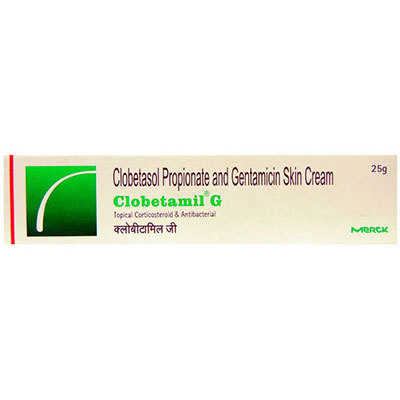What is lithium test?
This test measures the level of lithium (a mineral) in blood and it helps determine the proper dosage of lithium medication so as to keep the total blood concentration of this element within safe range. The test also helps to identify lithium toxicity.
Lithium is prescribed as a “mood stabilizer” to people with bipolar disorder or depression who do not respond to other medications. It helps reduce mood swings. It is also prescribed to prevent cluster headaches and schizoaffective disorder.















